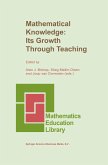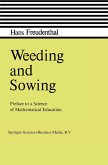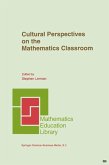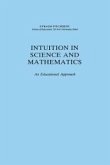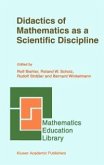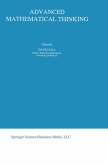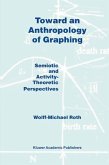Dieser Download kann aus rechtlichen Gründen nur mit Rechnungsadresse in A, B, BG, CY, CZ, D, DK, EW, E, FIN, F, GR, HR, H, IRL, I, LT, L, LR, M, NL, PL, P, R, S, SLO, SK ausgeliefert werden.
Seymour Papert, Massachusetts Institute of Technology
`I would say that the book is very readable, and contains a number of interesting details as well as the construction of a theory. It is one important step in developing a theoretical framework for the use of technology in mathematics education.'
Nordic Studies in Mathematical Education, 3 (1997)



